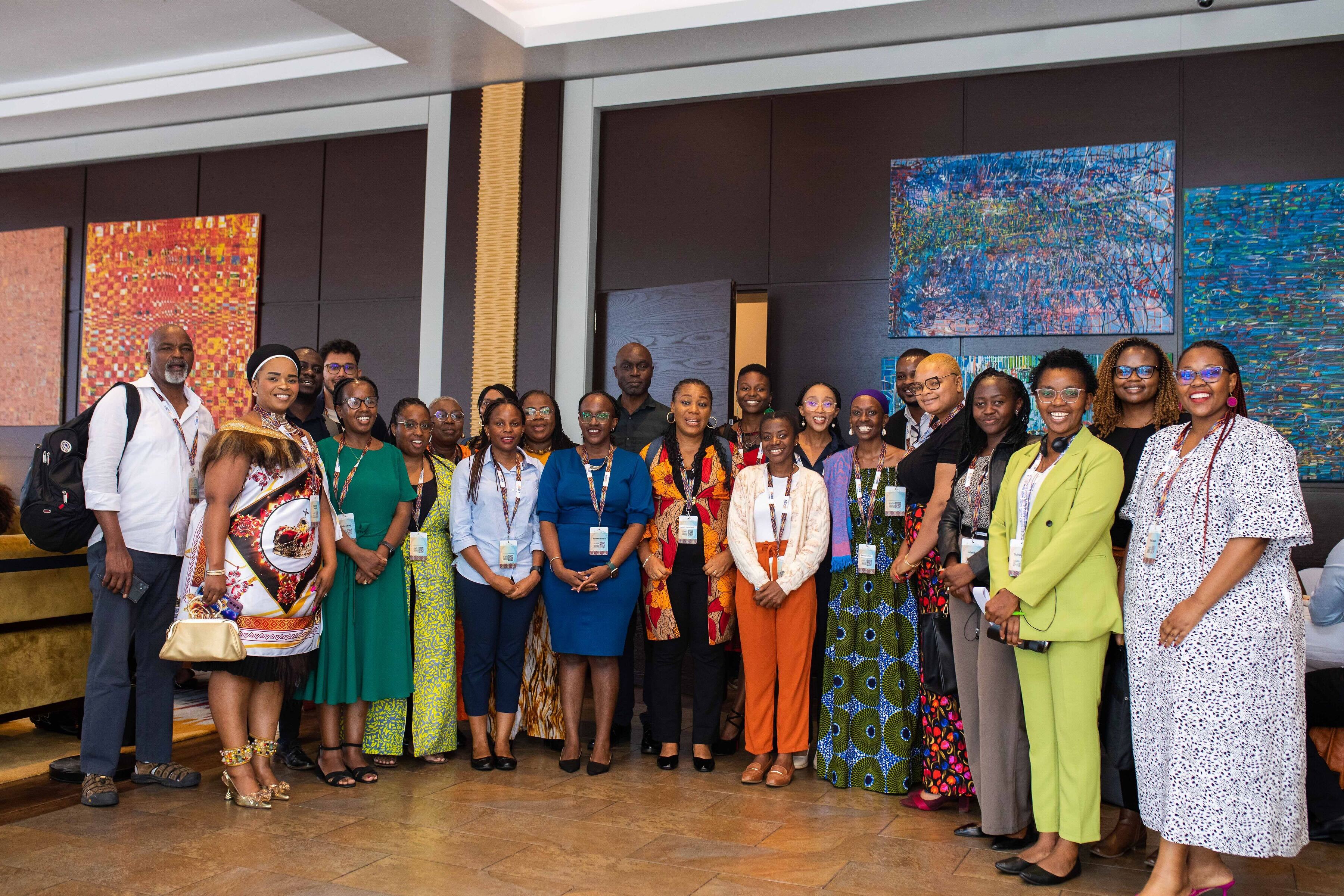
Last week, CESR joined allies from across the continent at the Fifth African Conference on Debt and Development (AfCoDD V), convened by the African Forum and Network on Debt and Development (AFRODAD). Under the banner “Reparations and Reparative Justice for an African Financial Architecture and Transformation”, this year’s gathering focused on the urgent need to reimagine finance systems to serve people and planet, not profits and creditors.
Speaking on behalf of CESR’s climate justice team, Peninnah Mbabazi exposed how climate injustice and debt distress intersect to undermine rights across Africa. She underscored the failure of the current financial architecture, which is shaped by colonial legacies and neoliberal rules, to meet the scale of the climate crisis or fulfill states’ human rights obligations.
“The current model of climate finance is neither adequate nor just. It perpetuates dependence, avoids accountability, and ignores the root causes of the crisis. What Africa needs is reparative finance: grounded in historical responsibility, aligned with human rights standards, and designed to shift power and resources to where they are most needed.”
This message reinforced growing demands from civil society to reframe climate finance through a reparations lens. Participants emphasized the need for coherent, justice-centered alternatives that respond to the lived realities of communities most affected.
The discussions stressed the importance of moving beyond empty promises and false solutions. Tying climate finance to unjust debt conditionalities, or masking inaction through market-based mechanisms, continues to sideline the structural reforms that are essential. There was broad agreement on the urgency of confronting these narratives and advancing alternatives rooted in equity, solidarity, and self-determination.
Climate finance is a matter of justice, and justice requires more than increased funding. It calls for a transformation in how resources are raised, governed, and distributed. Our Decoding Climate Finance guide and Key Concepts explainer offer practical tools and principles to push for this transformation. They unpack the colonial roots of today’s financial system and propose a reparations-based framework capable of meeting the demands of climate justice.